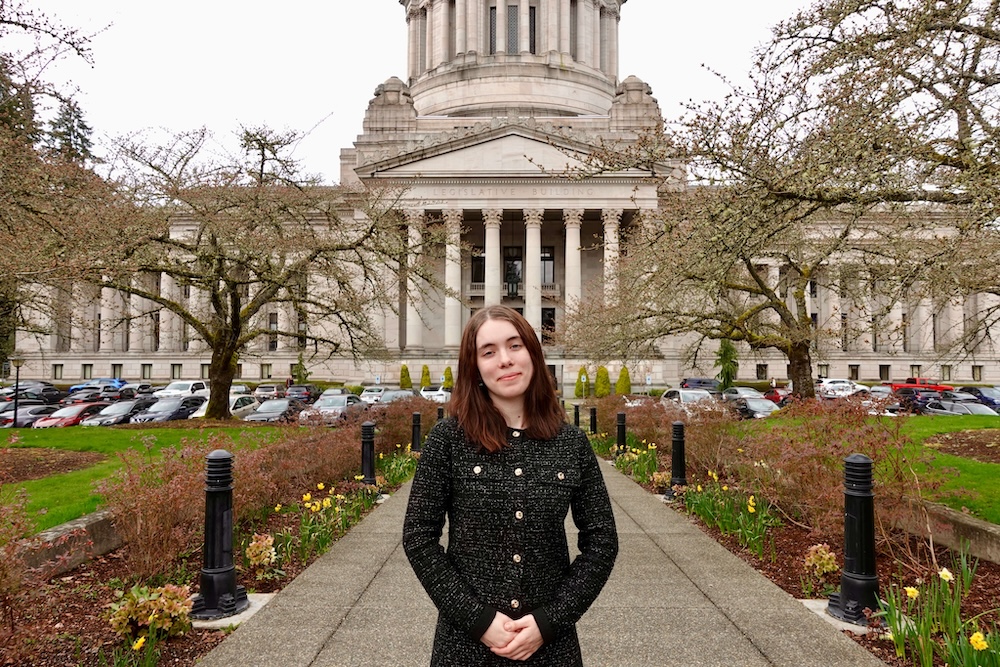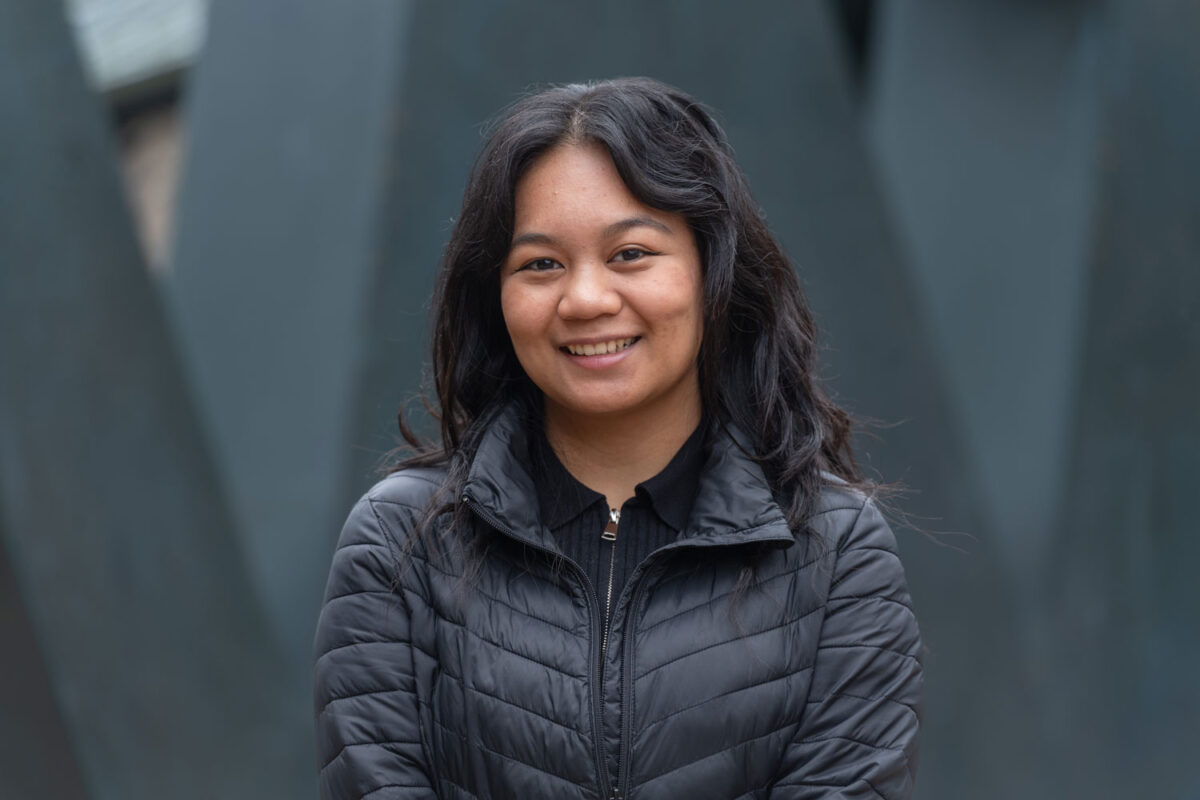Video by Jama Abdirahman
Story by Douglas Esser
Eighteen University of Washington Bothell students saw the challenges of providing health care in a country with minimal resources during an eye-opening two-week trip to Guatemala.
Sometimes traveling by river and sharing primitive conditions, the group held “pop-up” one-day clinics in schools or churches at seven villages. They offered health education, screened people for high blood pressure and diabetes, treated cuts and coughs, and delivered toothbrushes, toothpaste and medicine for parasitic worms.
The trip, July 8-23, followed three weeks of preparation at UW Bothell. The students were led by Mabel Ezeonwu, an assistant professor in the School of Nursing & Health Studies who has a special interest in global health and community based partnerships.

Ezeonwu says it was an intense and impactful experience for students and “community partnership at its best.” Her core lesson is that health is more than a medical issue.
“My goal is to develop global citizens,” she says. “I want them to see things in a global perspective.”
Even teaching children how to brush their teeth, “I felt like I was making a big difference,” said MyKa’La Alexander (health studies ’17) who plans a career as a health care administrator.
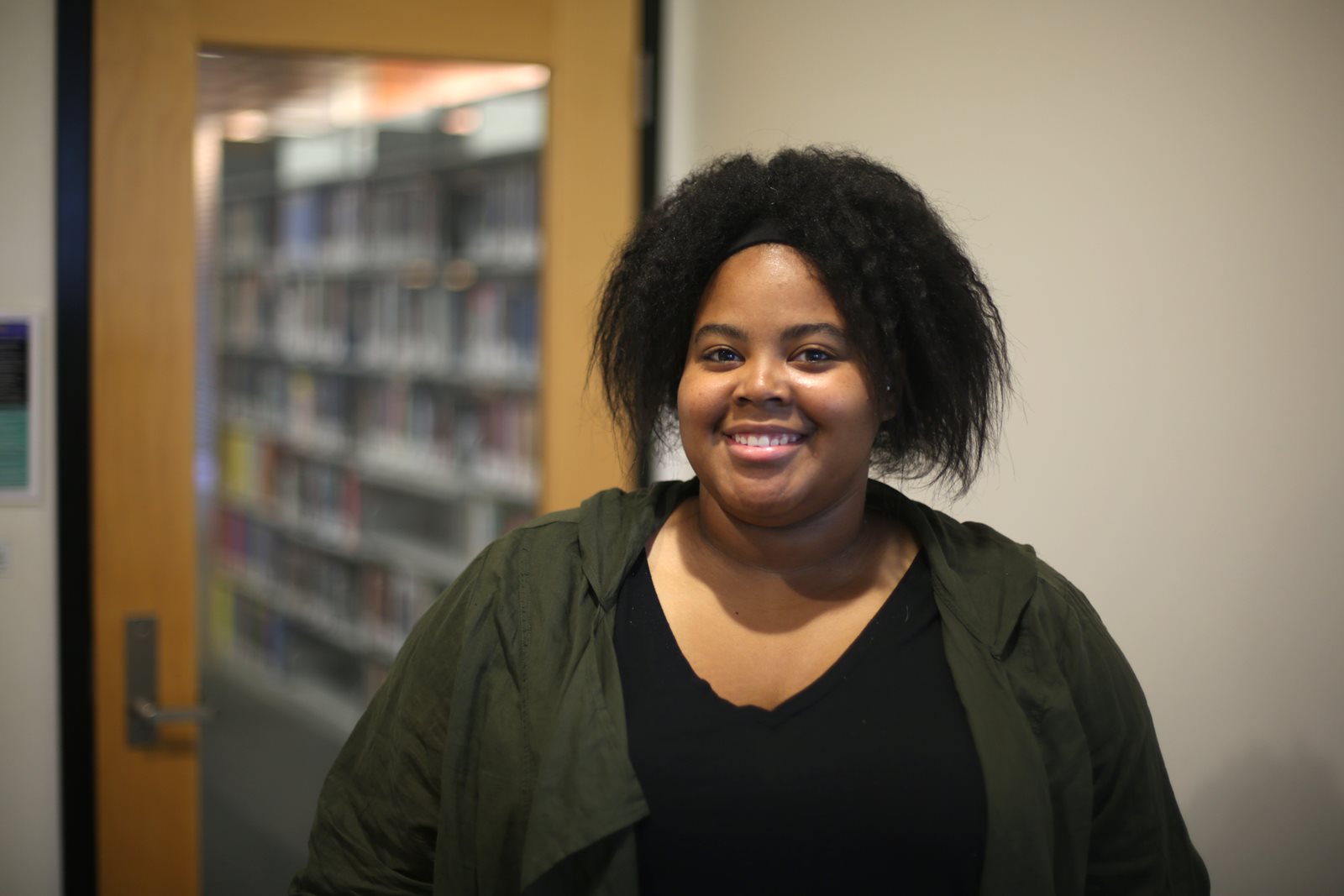
“It was the best experience,” Alexander said. “It was amazing. I would do it again.”
Visiting the remote villages was eye-opening, she said.
“It made a huge impact because it does show our privilege to have access to health care, privilege to just go to school,” Alexander said.
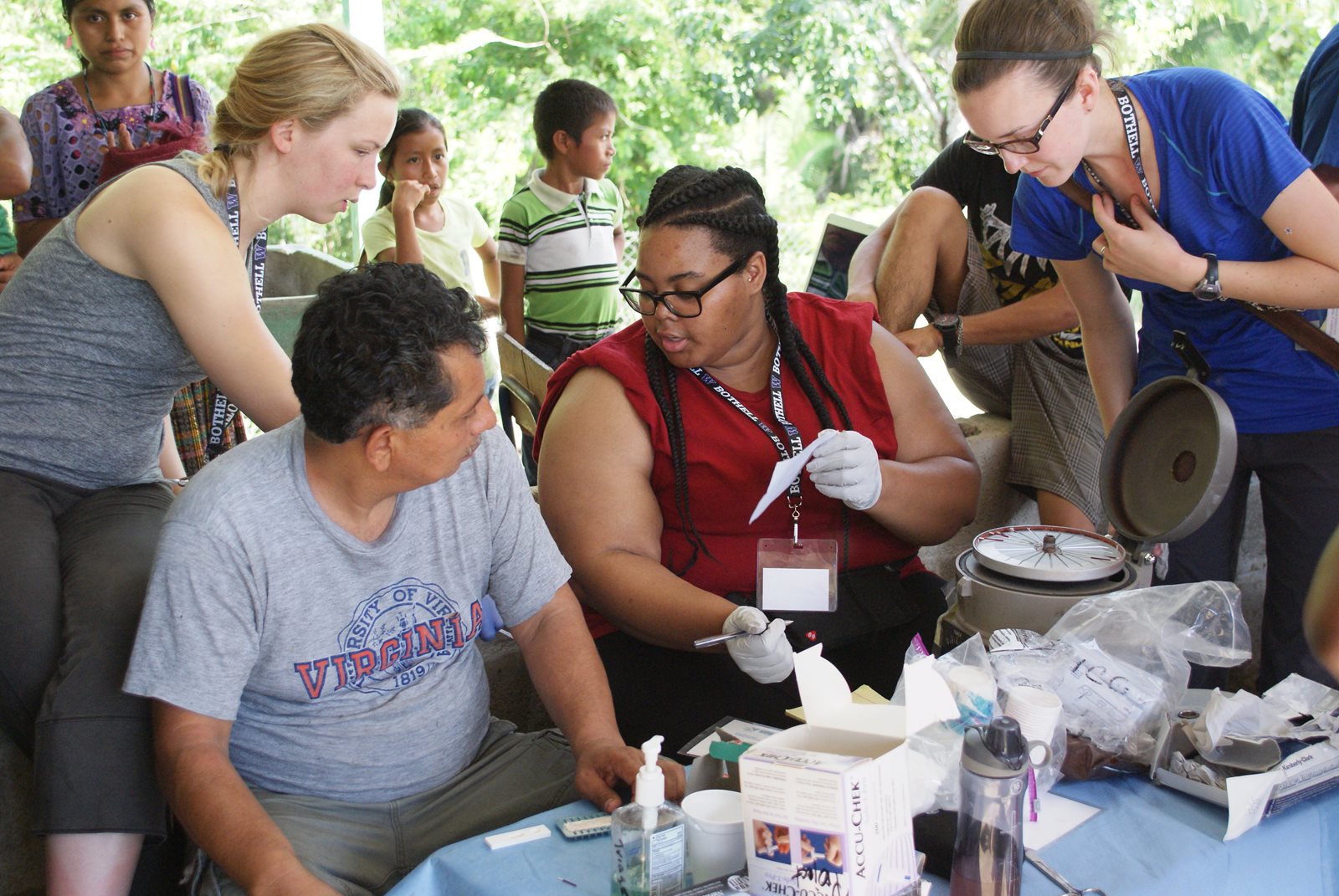
The service learning course was arranged with the office of global initiatives to expose students to the policy contexts in which health care is delivered in a resource-poor area. Guatemala is such a place. On the southern border with Mexico, many of its 16 million people live in poverty, which is highest among its indigenous people.
The students worked with volunteers from Guatemala Village Health, a Seattle based nonprofit that promotes health, education and economic development in rural parts of the country where the per capita income in 2015 was $3,590, according to The World Bank.
Every four to six months Guatemala Village Health sends a volunteer team to up to 10 villages. With the cooperation of village leaders they provide clinical care and health education. Ezeonwu also led a nursing class to Togo in Africa in 2014, but this was UW Bothell’s first experience with Guatemala Village Health.
“We’re hoping this will be a long-term relationship,” said Dr. Jennifer Hoock, cofounder and director of development.
After helping nearly 600 people on the trip, students shared their observations at a July 28 presentation back on campus.
Students say the villages range from a few dozen to a few hundred people in size. Many of the residents of Mayan ancestry speak only the Q’echi language, although children are taught Spanish in schools.
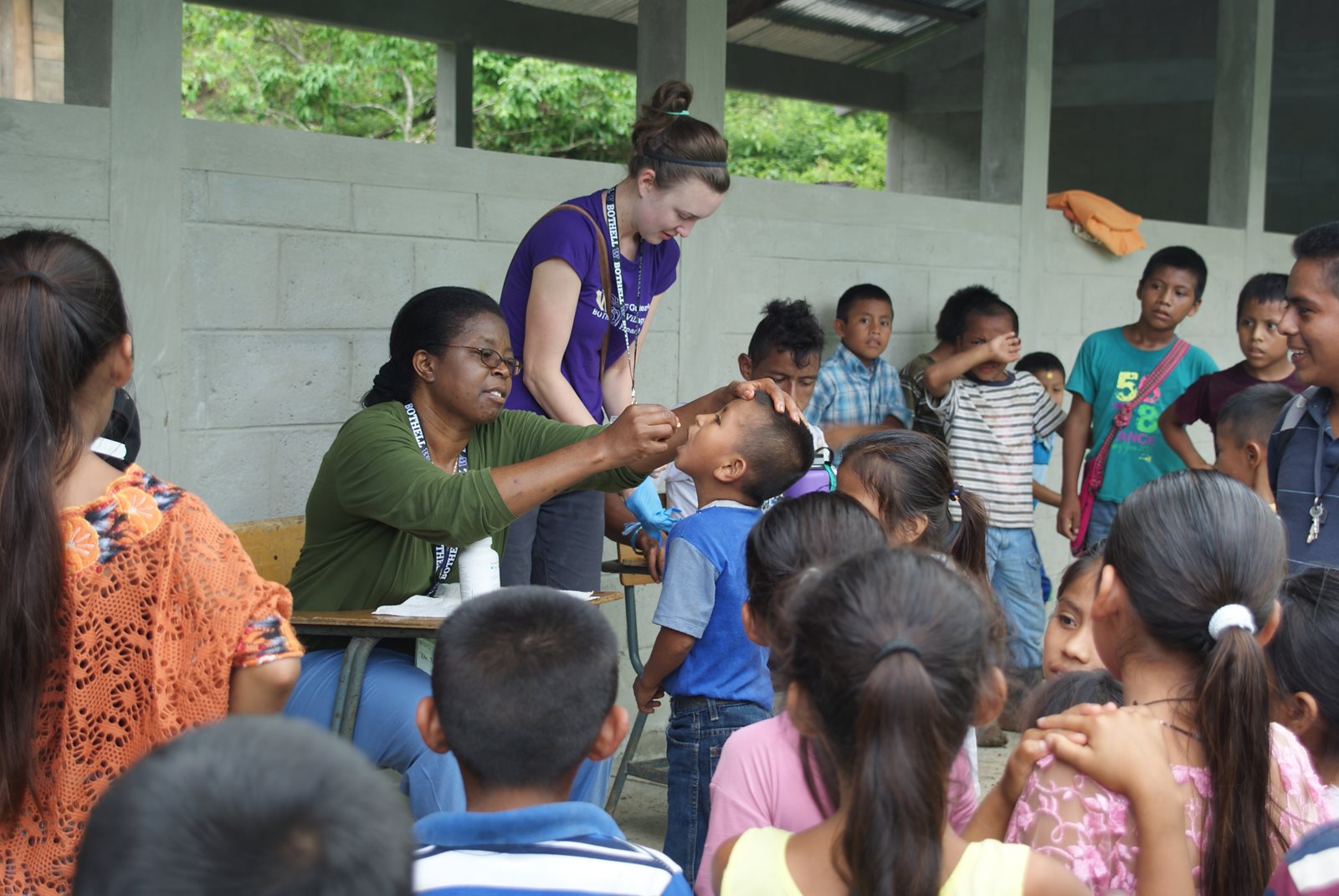
Students saw pigs, chickens, turkeys and stray dogs wandering the streets. Residents eat tortillas, chicken, crabs or fish. Cooking is usually over an open wood fire, with enough indoor smoke to leave soot on the ceiling, an obvious breathing problem. Most houses have dirt floors and thatched roofs. Most homes have no electricity or running water.
A nearby river often serves as both a source of drinking water and for bathing and laundry. Few houses have a water filtering system. Students used the common crude outdoor latrines. Only a few homes of prominent people, such as a mayor or pastor, might have a toilet or electricity. Trash is left as litter with no apparent method of disposal.
It’s an experience every student should have, said Stephanie Covel, a nurse who took the trip as field work for a master’s degree she expects to finish in the coming year.
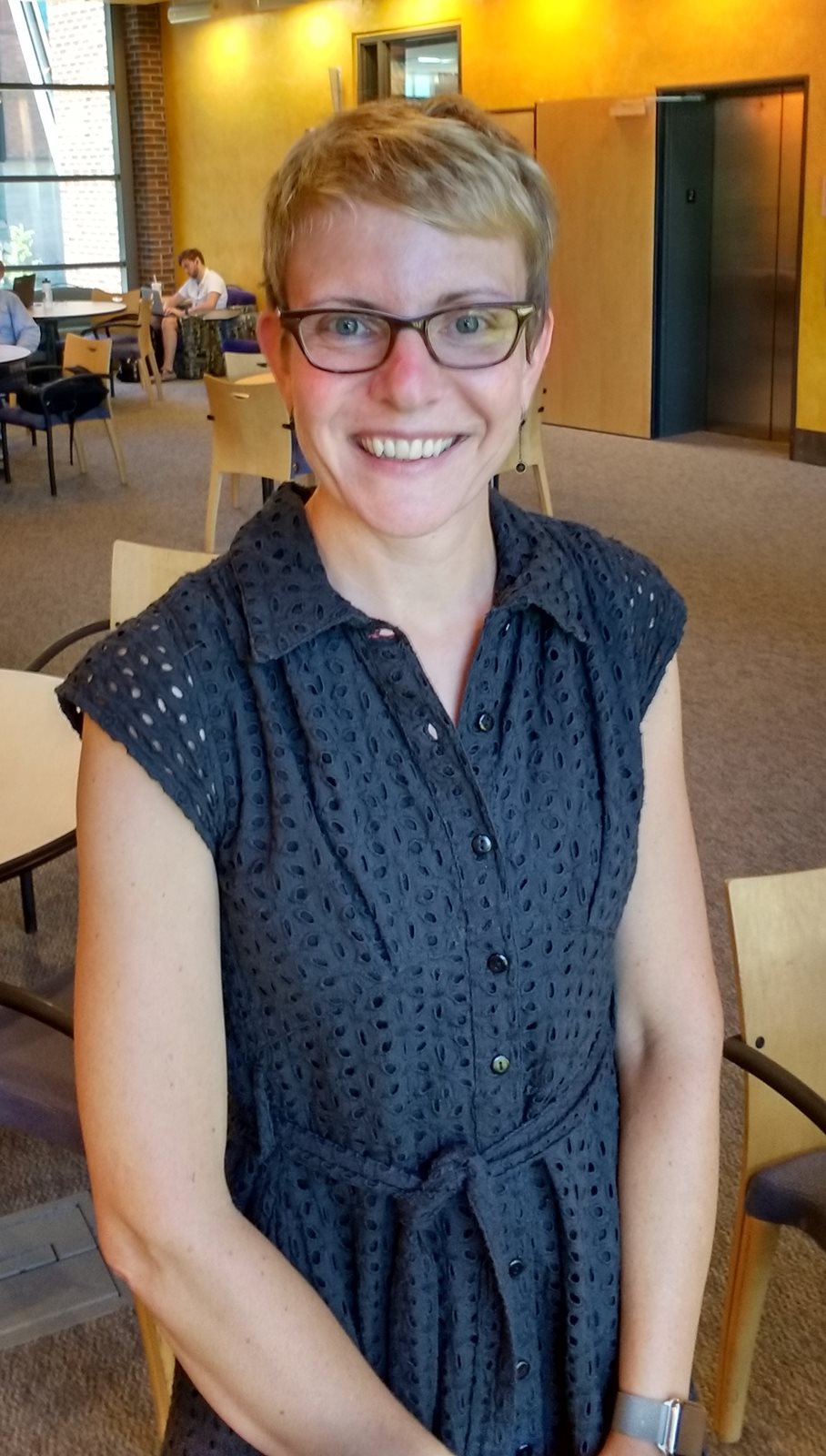
“Seeing the health care disparity within the country then relating and comparing it to the health care available to residents in the United States of America has been shocking,” said Covel, who has been working for 10 years at Northwest Hospital and Medical Center in Seattle.
Despite fire ants, muddy roads and open latrines, Covel also says it was amazing to see areas inaccessible to tourists. Being able to stay in a village and eat the food of the people was wonderful,” she said.
She brought back indelible memories of poverty and the belief that medical care is a vital step in improving lives. “If the health of the people is improved they’re going to be more likely and able to work and support themselves,” she said.

